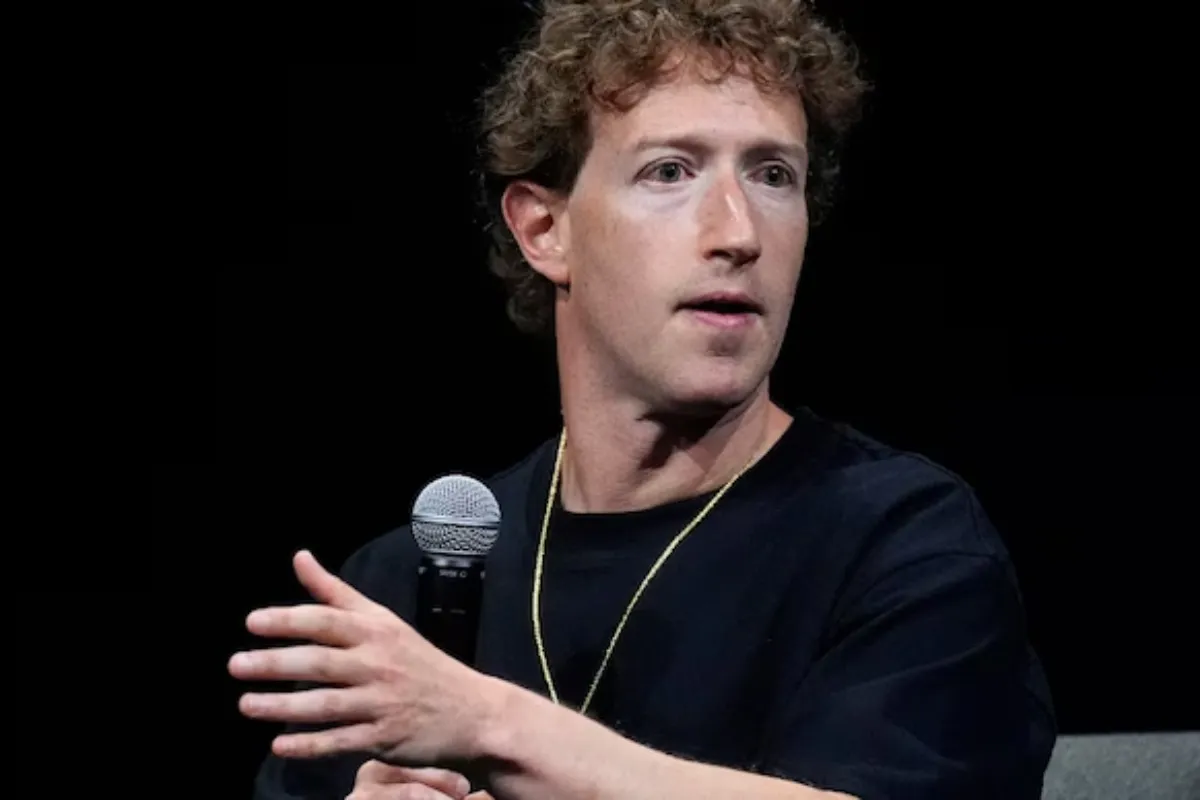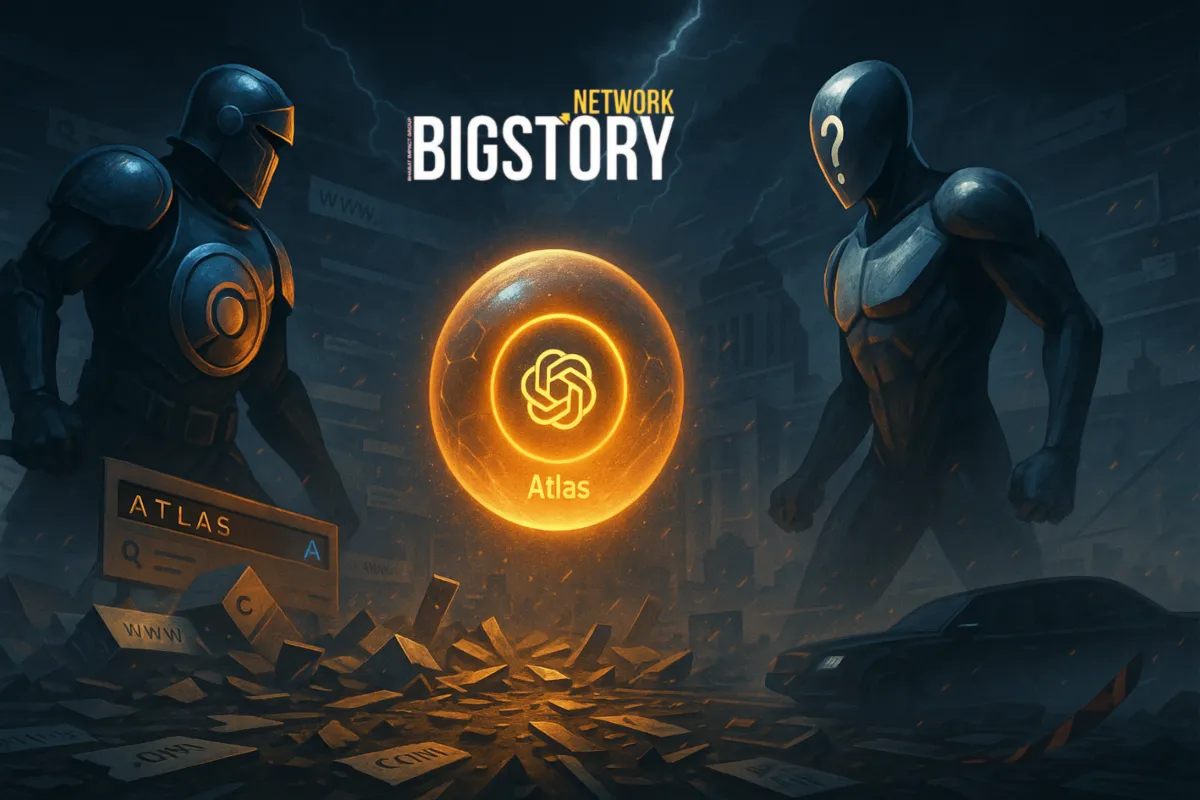In the high-stakes world of artificial intelligence, where the next breakthrough could be worth trillions, the battle for talent has reached a fever pitch. At the center of this global conflict is Meta CEO Mark Zuckerberg, who, in what insiders describe as "full entrepreneur mode," is personally spearheading an aggressive and unprecedented campaign to hire the world's most brilliant AI engineers and specialists. Moving with the speed and conviction of a startup founder, Zuckerberg is not just competing with rivals; he is actively raiding them, offering staggering compensation packages and even acquiring entire companies to secure a small, elite group of minds he believes will build the future of artificial superintelligence.
The New Gold Rush: AI Talent
The AI talent market is unlike any other in technology. A handful of researchers possess the rarefied combination of deep expertise in mathematics and the practical ability to design and build frontier models. Industry insiders estimate this group to be fewer than 1,000 people globally. This scarcity has ignited a talent war that has seen salaries and compensation packages soar to levels previously reserved for top-tier athletes. Companies like OpenAI, Google DeepMind, and Anthropic have become both battlegrounds and hunting grounds for a handful of tech giants.
Meta, which has reportedly been playing catch-up in the AI race, has now decided to outmuscle its competitors with sheer financial and strategic might.
Zuckerberg's Playbook: "The List" and the "Recruiting Party"
Reports from The Wall Street Journal and The Economic Times reveal the details of Zuckerberg's hands-on approach. He is personally involved in the chase, diving into technical research papers and coordinating with two senior executives in a group chat dubbed "Recruiting Party."
At the heart of this strategy is a carefully curated document known simply as "The List." This roster of top-tier AI talent includes researchers who hold PhDs from elite institutions like UC Berkeley and Carnegie Mellon and have experience at leading labs like OpenAI and Google DeepMind. The targets are often in their 20s or 30s and possess a unique skill set to tackle complex, computation-heavy problems.
The offers being extended are unlike anything the tech world has ever seen. Recent reports suggest that Meta has offered compensation packages ranging from $100 million to even $1.5 billion over a period of a few years to attract top talent. While a Meta spokesperson has claimed some of these figures are "misrepresented," there is no denying the company's willingness to spend extravagantly to win. The goal is to build a "Manhattan Project"-style effort with a small, elite team that can develop a breakthrough AI system.
Strategic Acquisitions: Acquiring Talent and Tech
Beyond individual hires, Meta is also using strategic acquisitions as a tool to gain both talent and technology. The company has recently acquired several AI startups, including:
- WaveForms: An AI audio startup specializing in detecting and replicating emotion in audio. Both co-founders, including a former OpenAI researcher, joined Meta as part of the deal. This acquisition is aimed at closing the gap in Meta's voice-based AI capabilities.
- Play AI: Another voice AI startup, which Meta acquired to bolster its work in ultra-realistic voice synthesis.
These acquisitions reflect a consistent pattern where big tech companies prioritize talent and intellectual property over an existing product, absorbing experienced teams to accelerate their own development.
The Fallout and Future Implications
Meta's aggressive tactics have had a significant impact on the industry. It has reportedly sparked internal resentment among existing Meta employees who feel their contributions are being sidelined in favor of high-profile recruits. One employee was quoted as saying, "This is like Zuckerberg telling GenAI employees they had failed."
Rivals like OpenAI have been forced to respond. OpenAI CEO Sam Altman has described the AI talent market as the "most intense" of his career and has implemented new bonus and compensation structures to retain his staff. Similarly, Apple, which is struggling with its own AI strategy, has seen several of its top researchers defect to Meta, a move that threatens to undermine its AI ambitions.
Despite the controversies, Zuckerberg is forging ahead, betting that a team of the world's most brilliant minds, backed by massive infrastructure investments of more than $10 billion a year, is the only way to win the race for artificial superintelligence.
Conclusion: Mark Zuckerberg's aggressive pursuit of AI talent is a clear signal that Meta is no longer content with being a follower. By leveraging his personal influence, financial might, and strategic acquisitions, he is positioning the company to be a dominant force in the next great technological revolution. The AI talent war is far from over, but with Zuckerberg now personally at the helm of the recruitment blitz, Meta is proving that it is willing to do whatever it takes to secure its place at the top.







Leave a Reply